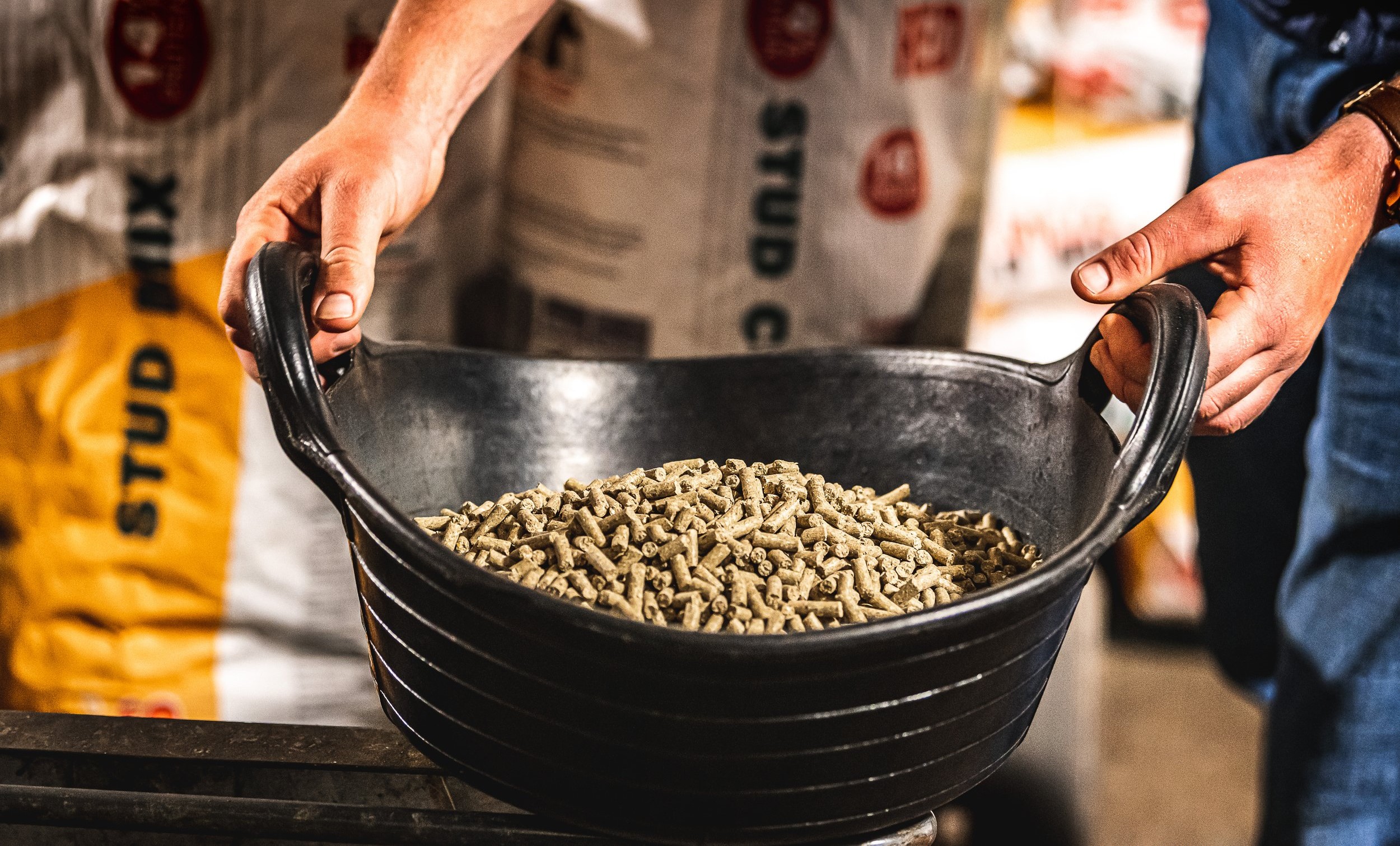One of the cornerstones of maintaining a healthy horse is understanding its dietary and nutritional needs. However, the subject of equine nutrition can be confusing and, at times, overwhelming. In this comprehensive guide, we will explore the essential components of an equine diet, the types of feed available, and tips to ensure your horse receives the proper nutrition it needs for optimal health and performance.
Why is Nutrition Important?
- Optimal Health: A balanced diet prevents nutritional deficiencies and health issues.
- Performance: Adequate nutrition is crucial for a horse’s energy, stamina, and overall performance.
- Longevity: A well-nourished horse is likely to have a longer, healthier life.
The Basic Nutritional Components
Energy Sources
- Carbohydrates: Found in grains and forages.
- Fats: Provide concentrated energy.
Proteins
- Necessary for growth, tissue repair, and maintenance.
Vitamins and Minerals
- Essential for various bodily functions and processes.
Water
- The most crucial nutrient; dehydration can lead to severe issues.
Types of Horse Feeds
- Forage: Hay and grass are the most natural forms of equine diet.
- Grains: Oats, corn, and barley are commonly used grains.
- Pelleted and Extruded Feeds: Processed feeds that are easy to digest.
- Supplements: Added to the diet for specific nutrients.
Feeding Practices
Frequency and Timing
- Adult horses usually eat two to three meals a day.
- Grazing should be allowed whenever possible.
Feed Measurement
- Feeding should be based on weight, not volume.
Special Diets
- Foals, pregnant mares, and elderly horses may require special diets.
How to Choose the Right Feed
- Consult a Veterinarian: Especially if you’re dealing with health issues.
- Know Your Horse’s Needs: Age, activity level, and health status all impact dietary needs.
- Quality over Quantity: Always opt for high-quality feed.
Common Feeding Mistakes
- Overfeeding: Leads to obesity and related health issues.
- Underfeeding: Can result in malnutrition.
- Ignoring Water and Salt: Always provide clean water and salt.
- Sudden Diet Changes: Can lead to digestive problems like colic.
Tips for a Balanced Diet
- Regular Monitoring: Keep an eye on your horse’s weight and overall condition.
- Seasonal Adjustments: Nutritional needs can change with the seasons.
- Avoid Human Food: Items like chocolate and avocado are toxic to horses.
When to Seek Professional Help
- Weight Issues: Whether it’s unexplained weight gain or loss.
- Digestive Problems: Such as frequent episodes of colic.
- Nutritional Deficiencies: Indicated by poor coat condition, lethargy, etc.
Conclusion
Understanding the complexities of equine nutrition is vital for anyone responsible for a horse’s care. From the types of feed available to the importance of vitamins, minerals, and water, each aspect plays a significant role in your horse’s well-being. By following best practices and avoiding common mistakes, you can ensure that your horse leads a healthy, vibrant life.
